Posted on 10/15/2024

If you own an all-wheel-drive (AWD) vehicle, you’ve probably wondered, “Do I need the same tires on all four wheels?” The answer is "yes". AWD vehicles rely on all tires working together, and here’s why having matching tires is essential: 1. Equal Traction for Better AWD PerformanceAWD systems send power to all four wheels to improve traction and control. To work efficiently, all four tires must have the same tread depth, size, and type. Mismatched tires can cause the wheels to rotate at different speeds, which can confuse your AWD system. This can lead to uneven traction, making your vehicle work harder than it should. 2. Protects Your AWD Differential AWD vehicles use differentials to balance power between the f ... read more
Posted on 8/12/2024

When it comes to vehicle safety and convenience, tires play a crucial role. Traditional tires have been the standard for years, but they come with a significant drawback. If they get punctured, you're left with a flat tire, often at the most inconvenient times. This is where run-flat tires come into play. But what exactly are run-flat tires, and how do they differ from conventional ones? Let's dive into the details. What Are Run-Flat Tires? Run-flat tires are designed to keep your vehicle moving even after a puncture or loss of air pressure. Unlike regular tires, which would leave you stranded on the side of the road, run-flat tires allow you to continue driving for a limited distance at a reduced speed. This gives you the opportunity to reach a repair shop or a safe location without having to change the tire immediately. How Do Run-Flat Tires Wor ... read more
Posted on 4/30/2024
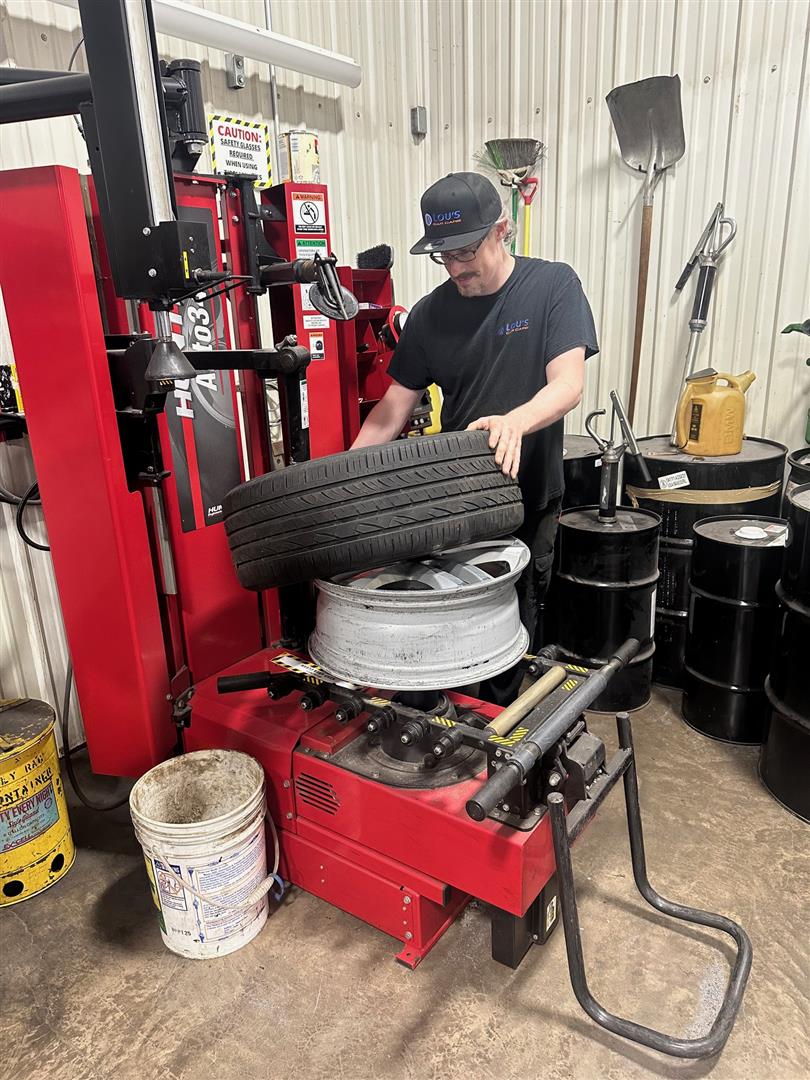
Are you wondering how new tires are installed on your vehicle? Changing your tires is essential to ensure your safety, improve your driving experience, and prevent accidents. But if this is your first time changing your tires, you might be feeling overwhelmed with the process. In this blog, we'll explain the steps involved in how new tires are installed on your car. There are a few signs to look out for. If you notice your tires are wearing unevenly, or if you see any cracks or bulges in the sidewalls of your tires, it's time to get new ones. If you often drive in rainy or snowy conditions, it's a good idea to check your tires' tread depth regularly. Tires with worn-down treads won't be as effective at gripping the road, which can be dangerous. Once you've determined that it's time for new tires, it's time to ... read more
Posted on 10/10/2023
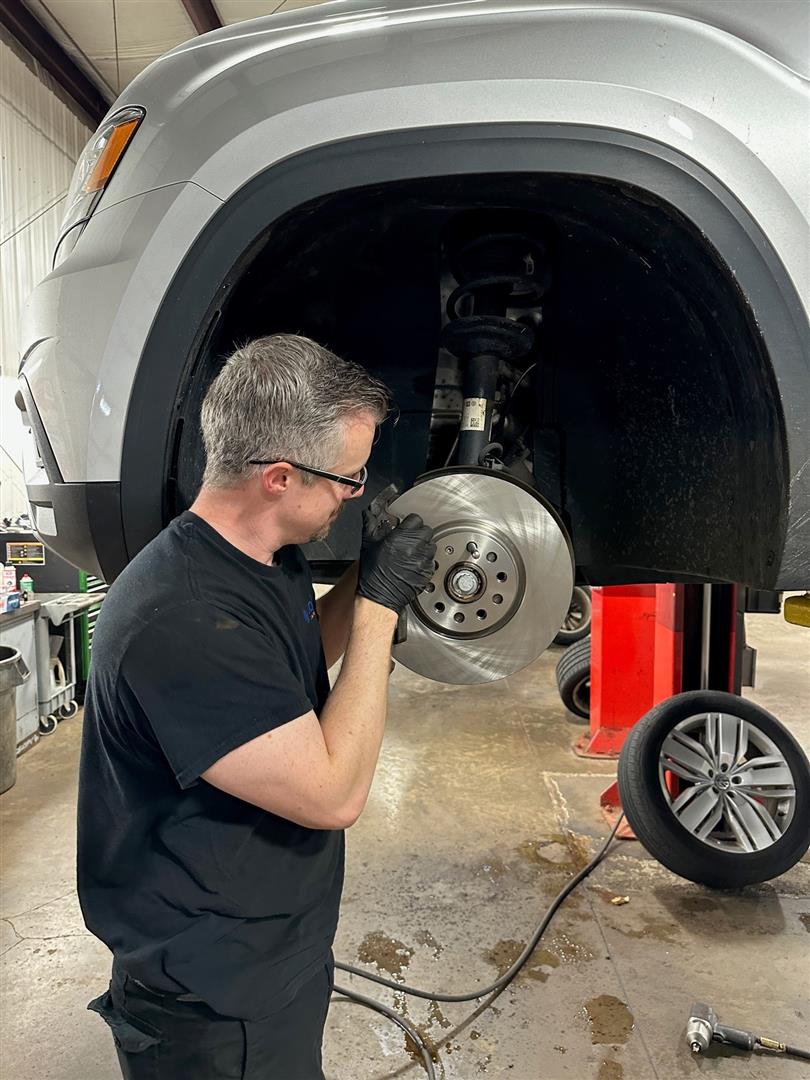
Vehicle maintenance is crucial to extend its lifespan. And prevent costly repairs down the road. That’s where preventative maintenance comes in. Preventative maintenance helps prevent potential issues from becoming bigger problems. Let's take a closer look at what exactly preventative maintenance is, why it’s important, and some practical tips you can follow. What is preventative maintenance? Preventative maintenance involves routine services like oil changes, tire rotations, and brake inspections. These services aim to prevent issues from becoming serious problems. By keeping up with these regular checks, you can extend the life of your vehicle. And avoid costly repairs down the road. Why is preve ... read more
Posted on 5/22/2023
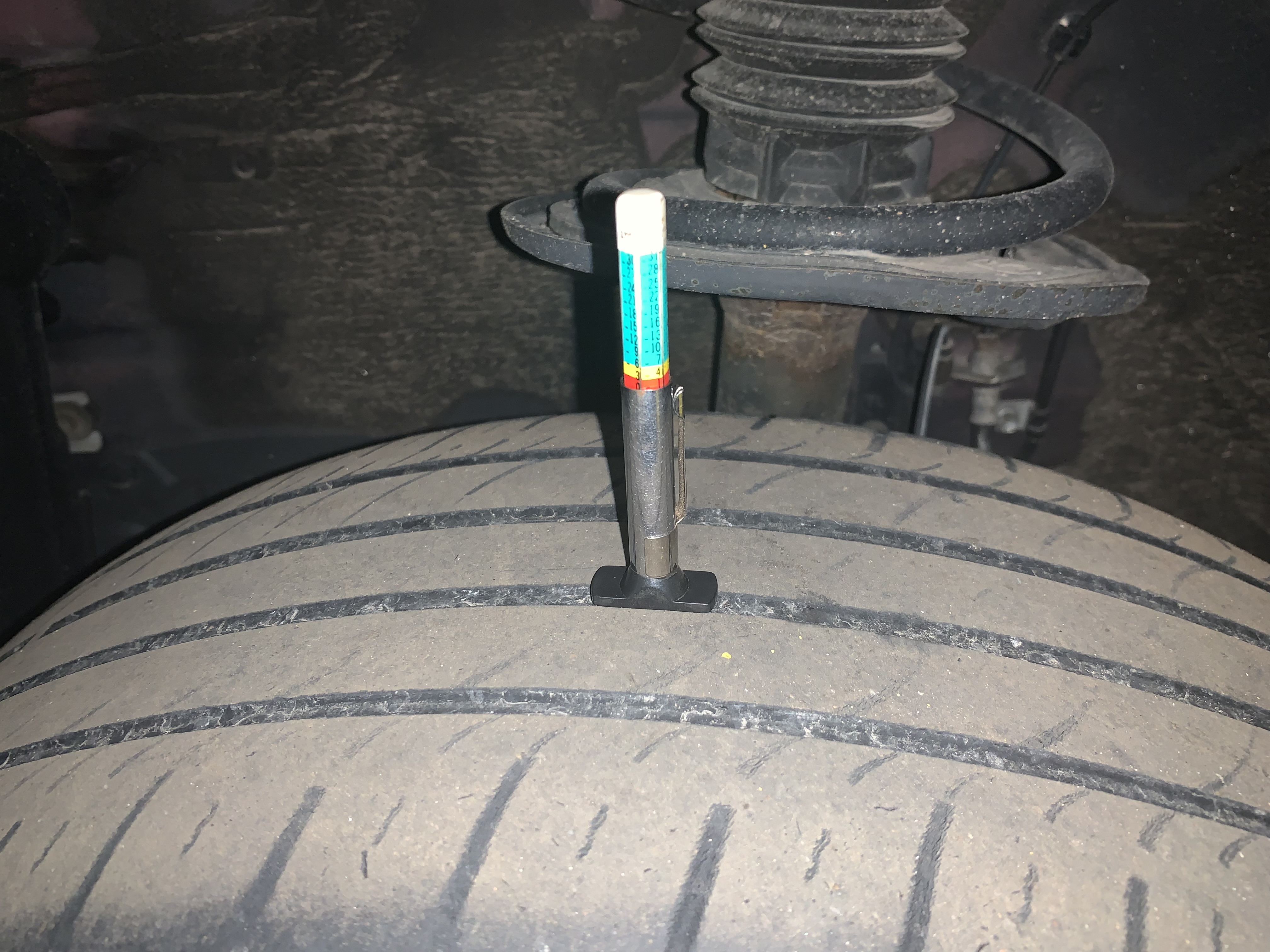
Tires play a critical role in keeping you safe on the road. It is important to maintain your tires and check their levels of wear and tear periodically. Tire tread depth is an essential feature of tire maintenance that every vehicle owner should know. It is the measurement of the space between the top of the tire tread and the bottom of the groove that runs around the circumference of the tire. Learn more about the importance of tire tread depth, and how it impacts your safety on the road. Better Traction and Grip: Tire tread depth plays a crucial role in maintaining traction and grip on the road. The tire tread grooves are designed to channel water, snow, or mud from the tire's contact patch with the road. This helps in maintaining traction, stability, and control while driving. Tires with adequate tread depth provide better grip on wet, slippery, uneven roads ... read more
Posted on 5/5/2023
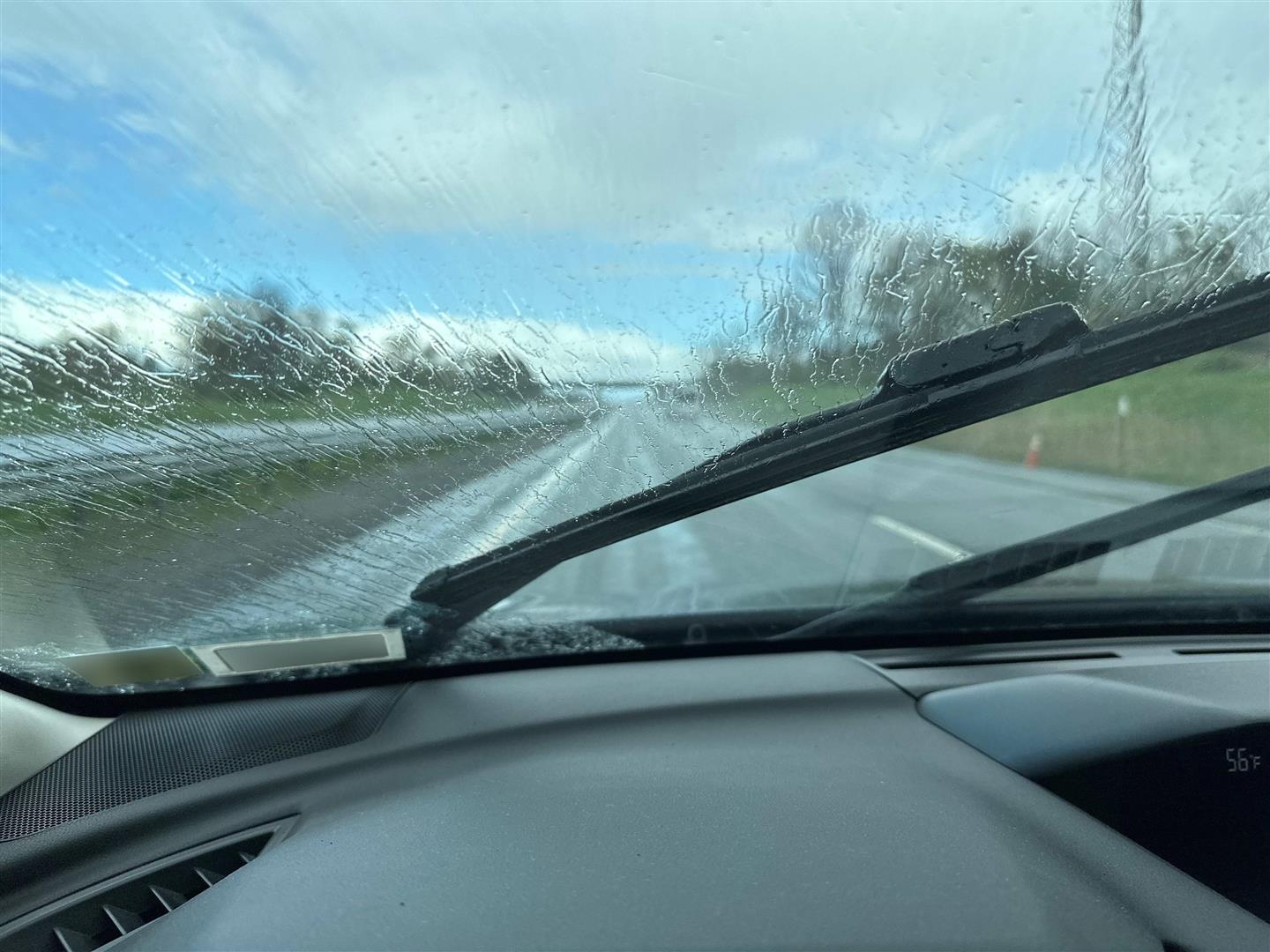
Driving in rainy conditions can be a challenge, especially when you're faced with hydroplaning. Hydroplaning happens when your car's tires are unable to grip the wet roadway. And causes it to slip and slide around. This can be a dangerous situation, especially at high speeds. So, what can you do to stop your car from hydroplaning? Here are some helpful tips to keep you safe while driving in the rain. Slow down: The first and most important thing you can do to prevent hydroplaning is to slow down. The faster you're driving, the more likely it is for your tires to lose traction. If you notice rain or standing water on the roadway, immediately reduce your speed. This will give your tires more time to grip the road and prevent hydroplaning. Check your tires: Your tires are the only part of your car that comes into contact with the road. That's why it's importan ... read more
Posted on 4/28/2023
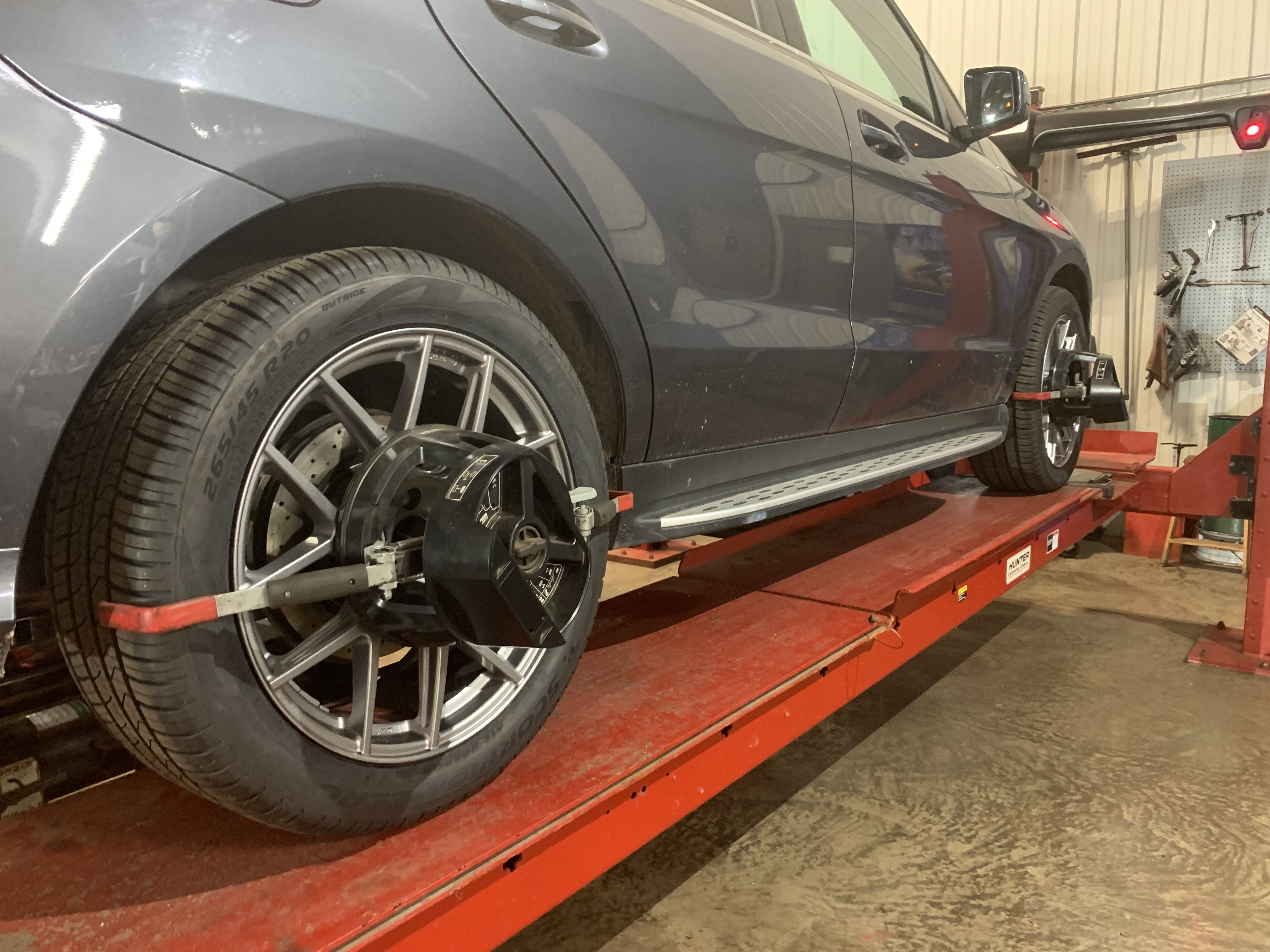
Have you ever experienced your car pulling to one side while driving? This can be a frustrating and even dangerous problem. Pulling can cause premature wear and tear on your tires. This can lead to reduced fuel economy and compromising your driving experience. To ensure a safe and comfortable drive, it is important to understand why your car is pulling to one side. Learn more about the reasons behind this problem and what you can do to to fix them. Wheel Alignment Issues One of the most common reasons for your car pulling to one side is related to wheel alignment issues. Your car's wheel alignment can be thrown off by several factors such as hitting a curb, potholes, or worn out steering components. When this happens, the alignment of the wheels can become misaligned. This can lead to uneven wear on the tires and pulling to one side. A simple alignment service can help get you back on track in no time. Uneven Tire Wear Your tires play a critical role ... read more
Posted on 4/21/2023
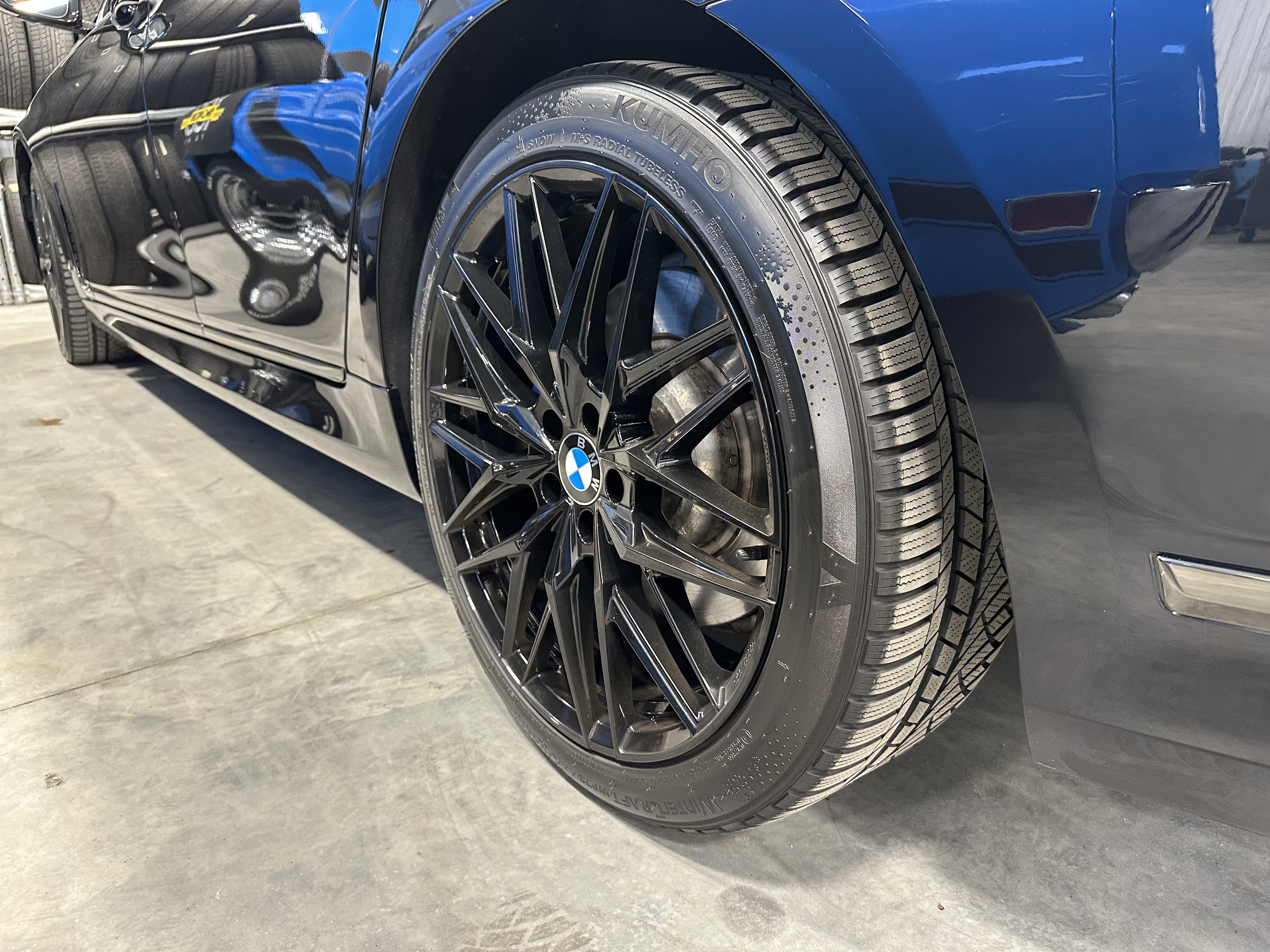
Low-profile tires are becoming popular among drivers who want to improve the performance and look of their vehicles. But what exactly are low-profile tires, and why are they so beneficial? Let's take a closer look at what these tires have to offer. What Are Low Profile Tires? Low-profile tires are sometimes referred to as "low-pro" or "high-performance" tires. They have a short sidewall height compared to other standard tire sizes. This means that the distance between the wheel rim and the tread is shorter than it is on regular tires. This gives the tire a lower profile—hence the name—and makes it appear larger in diameter than it actually is. What Are The Benefits Of Low Profile Tires? The benefits of having low-profile tires can range from improved performance to better road handling. A ... read more
Posted on 11/29/2022
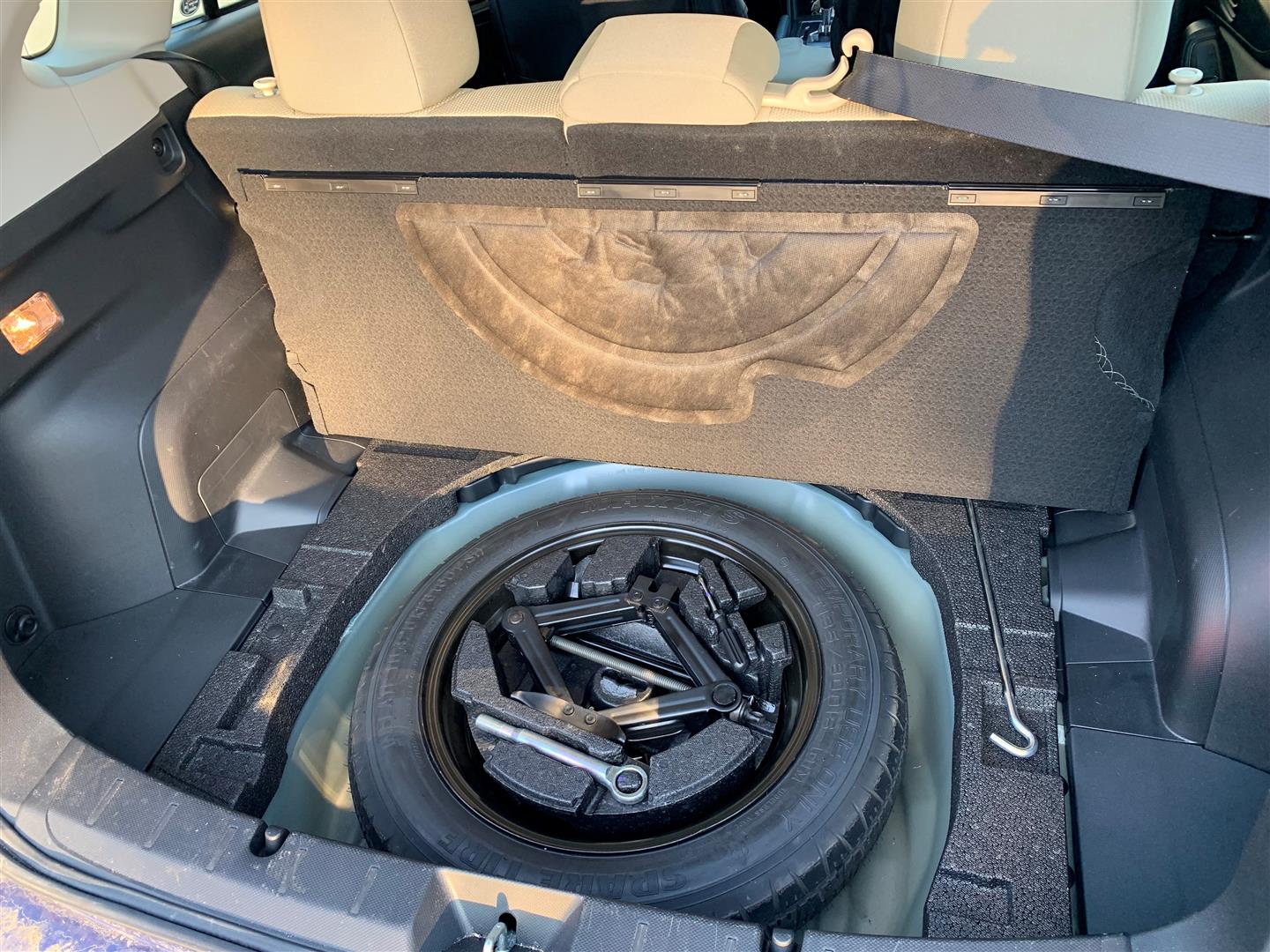
When was the last time you checked your spare tire? Does your vehicle even have one? Many people go years without needing to use their spare tire, and some may never use theirs at all. It is important to check the air pressure in your spare along with your other four tires. Learn more about the best ways to care for your spare and keep you safe on the road. How Long Do Spare Tires Last? Most spare tires last up to ten years. If your spare is stored outside of or underneath your vehicle, you’ll want to check it’s condition more often. Harsh weather and road salt can corrode security bolts making it a challenge to remove the spare. We recommend removing your spare tire at least once a year to ensure it’s accessibility. You’ll also want to inspect the tire for any dry rot or cracking. This can be done when checking the tire pressur ... read more
Posted on 5/2/2022
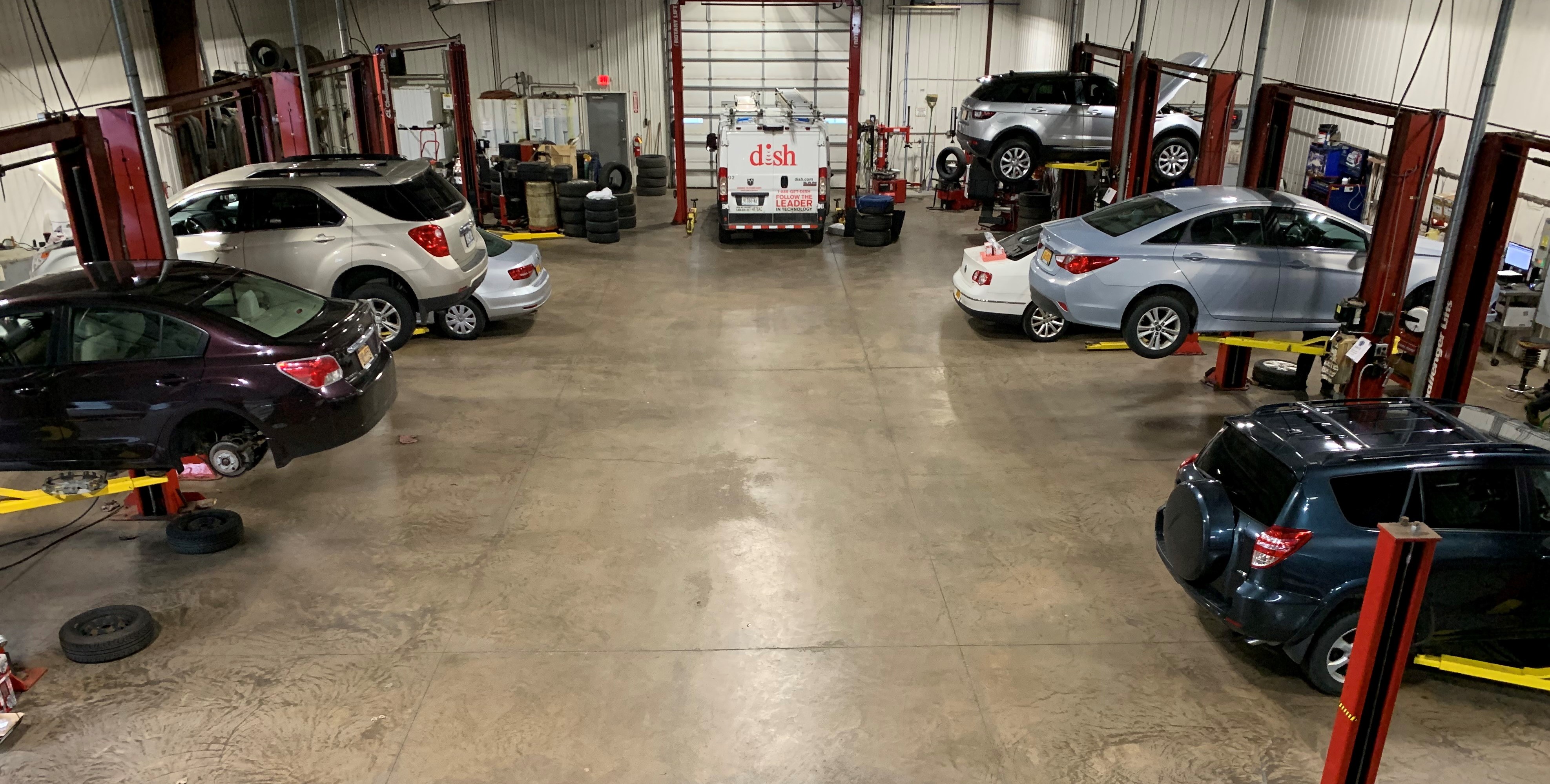
Vehicle maintenance at regular intervals helps keep your car in proper working order. And can prevent expensive repairs down the road. Even the most well-maintained cars will experience unexpected service problems. But it is better to be proactive rather than reactive. Keeping detailed service records can also help boost your car’s value when you decide to sell it or trade it in. Failing to follow preventative maintenance guidelines could even void your car’s warranty. Use this guide to learn about common maintenance recommendations. 3,000 – 5,000 miles – Oil Change An Oil Change is the most standard maintenance service for every car owner. An oil change every 3,000 - 5,000 miles is essential for keeping the key parts of your engine working properly. We recommend having your tires rotated every 5,000 miles to ensu ... read more